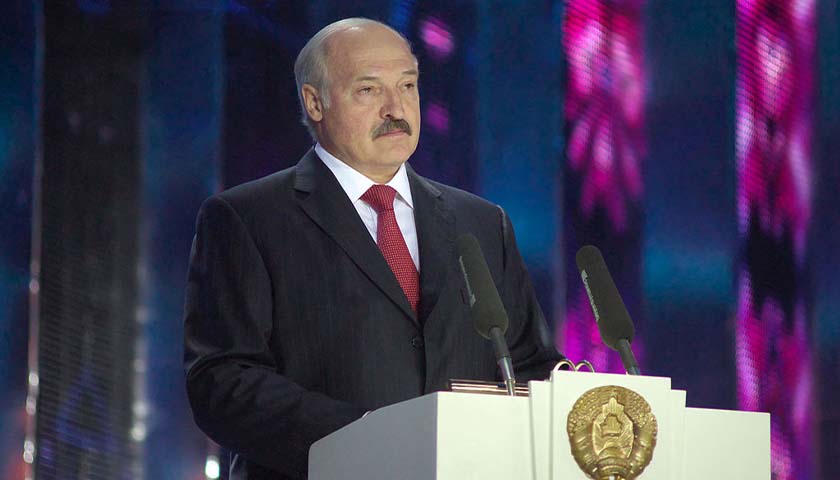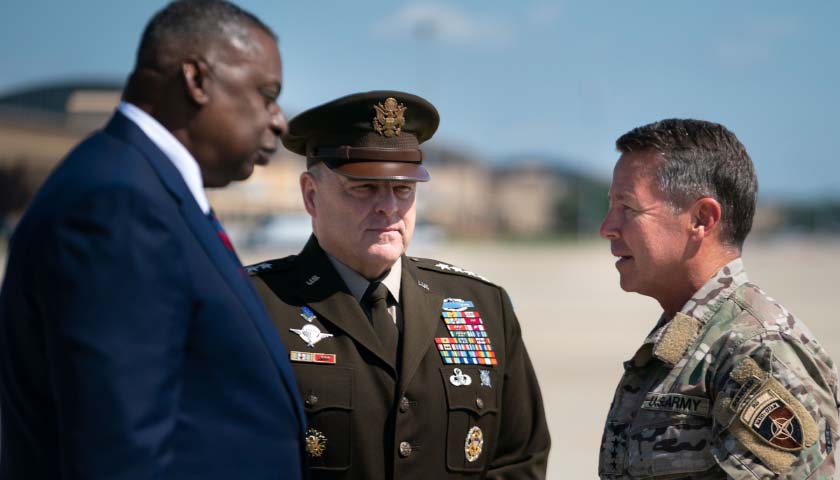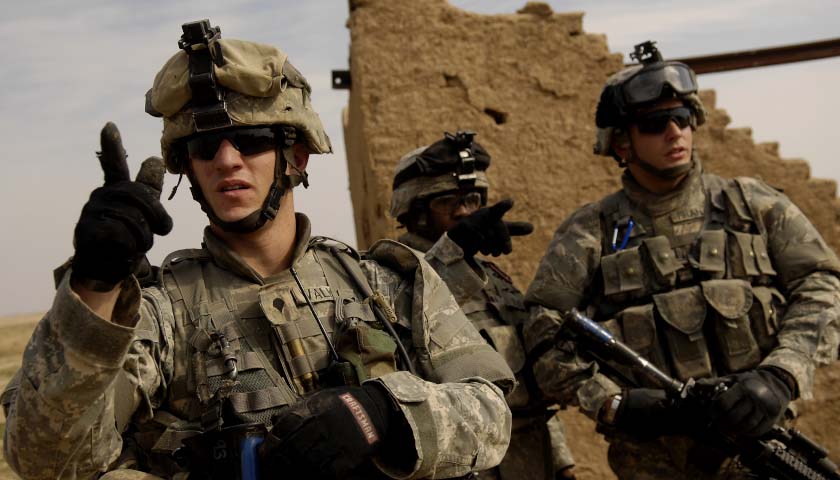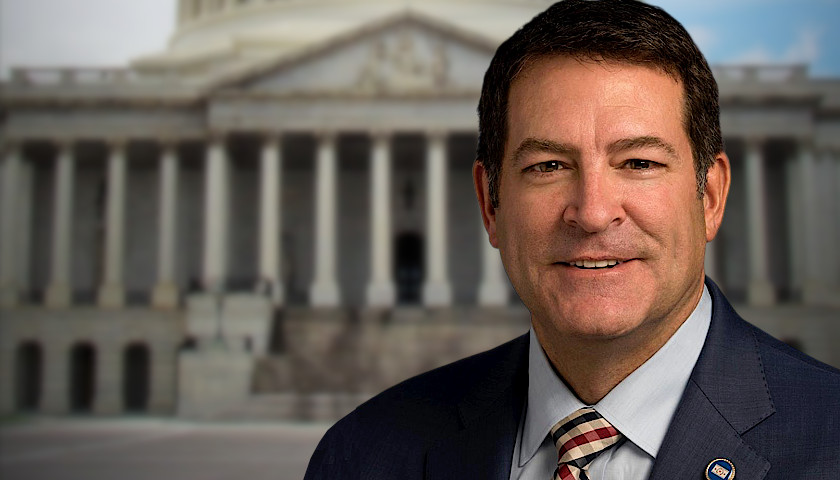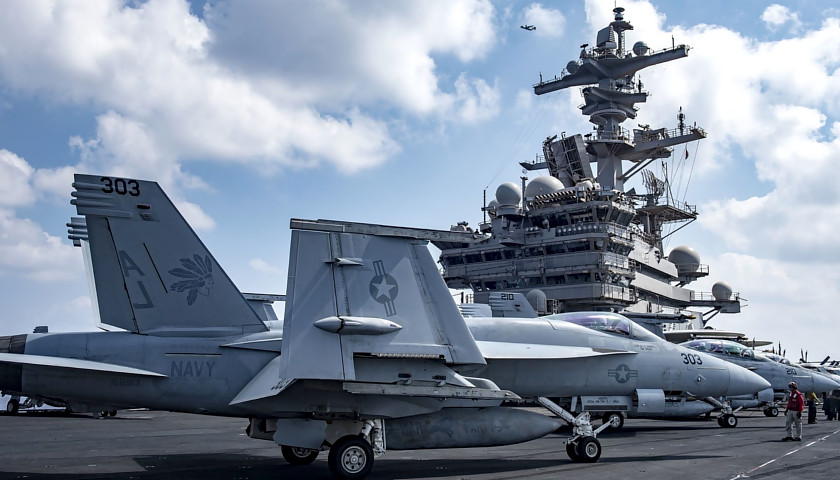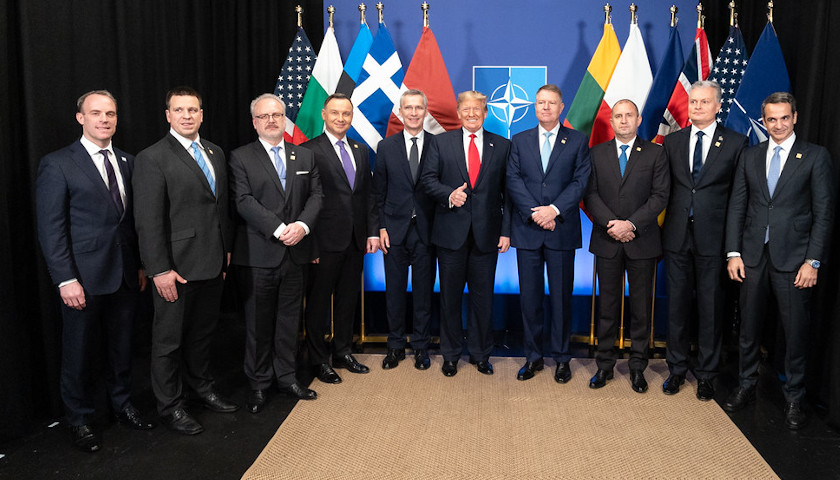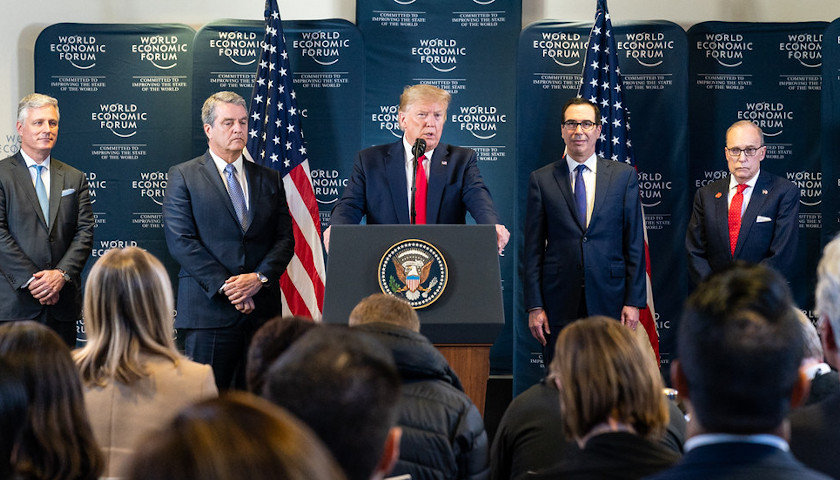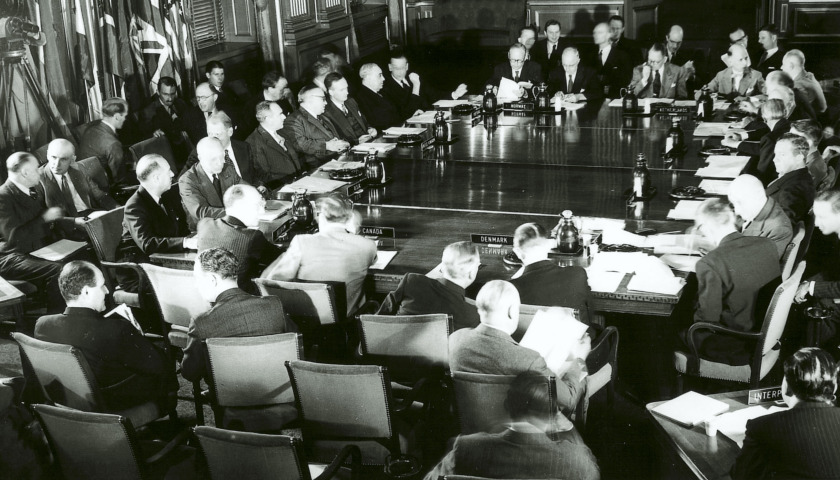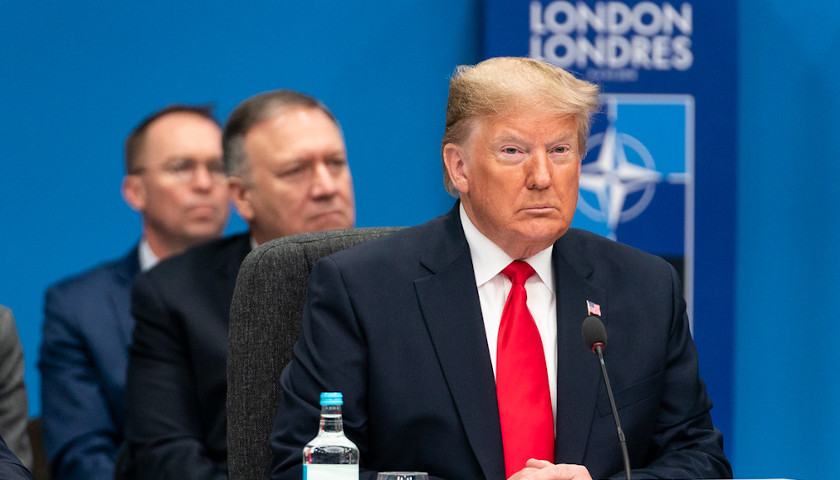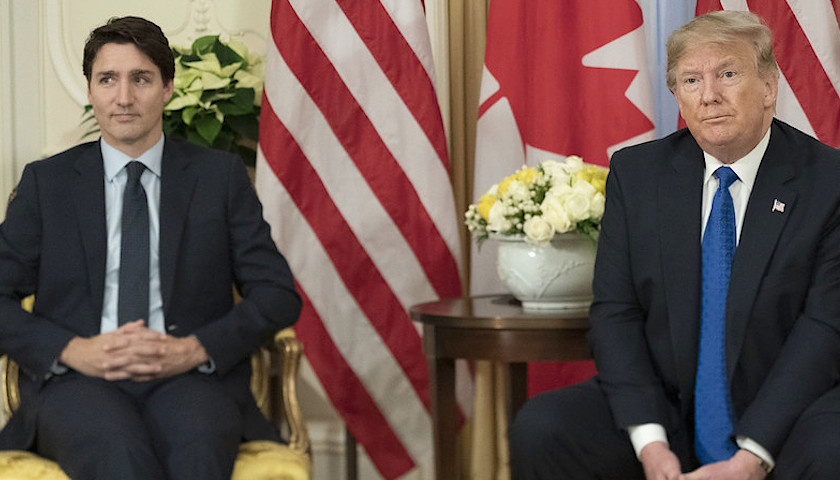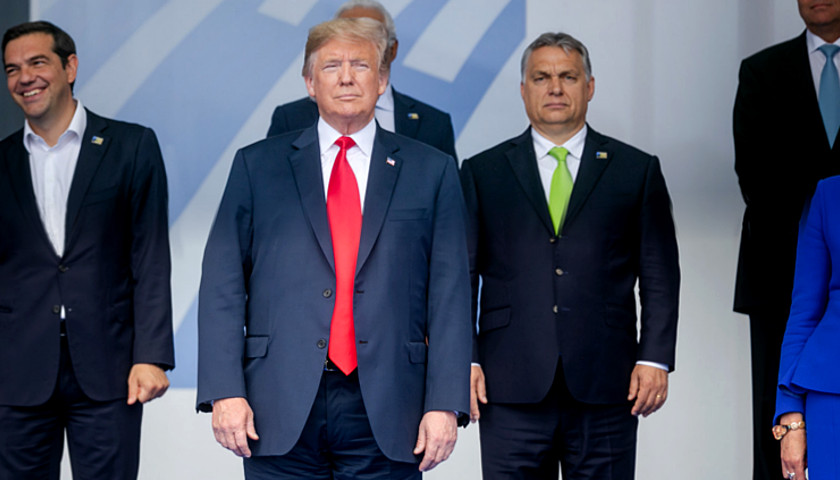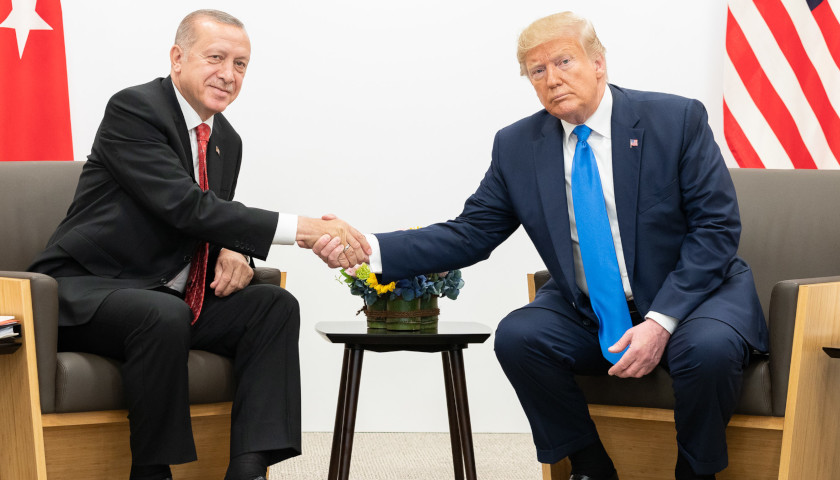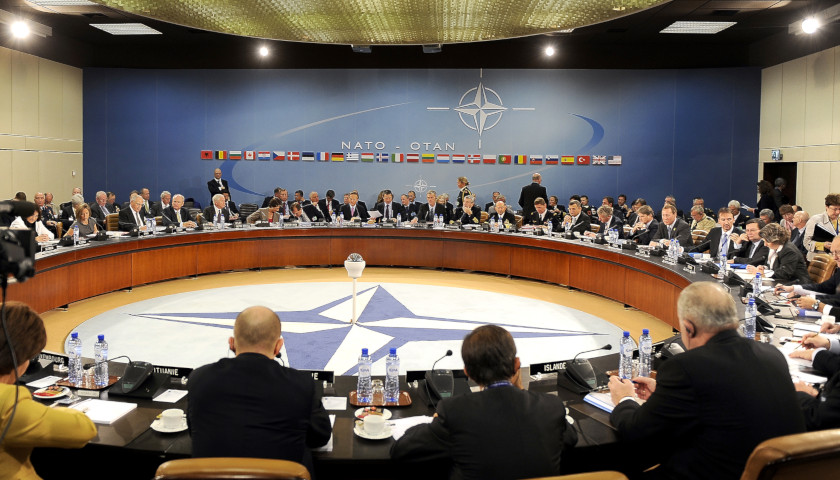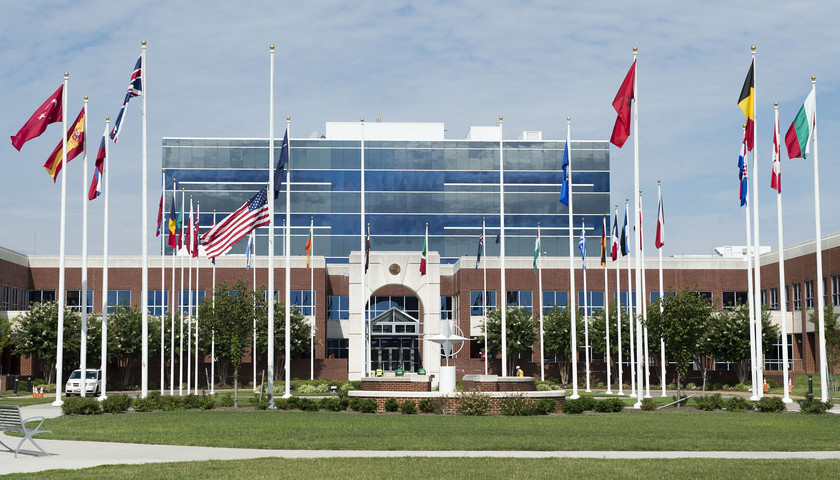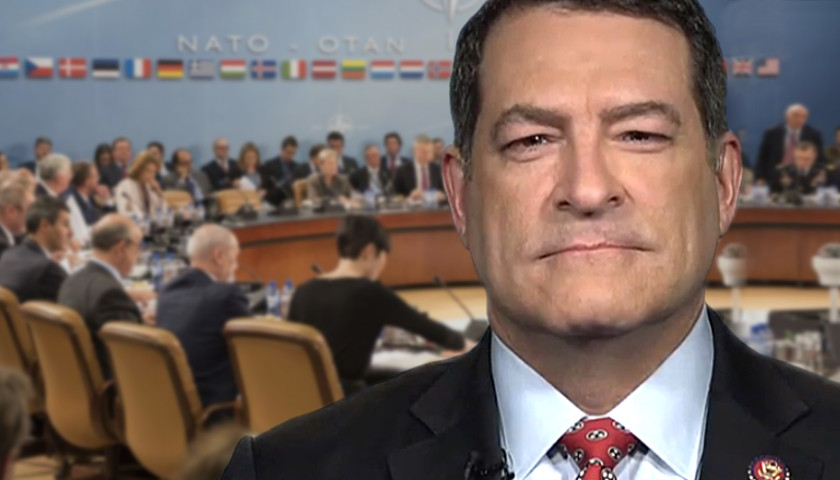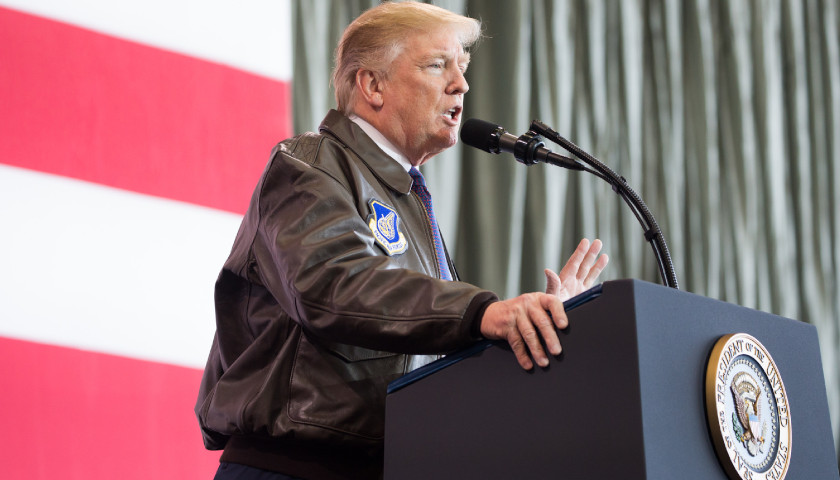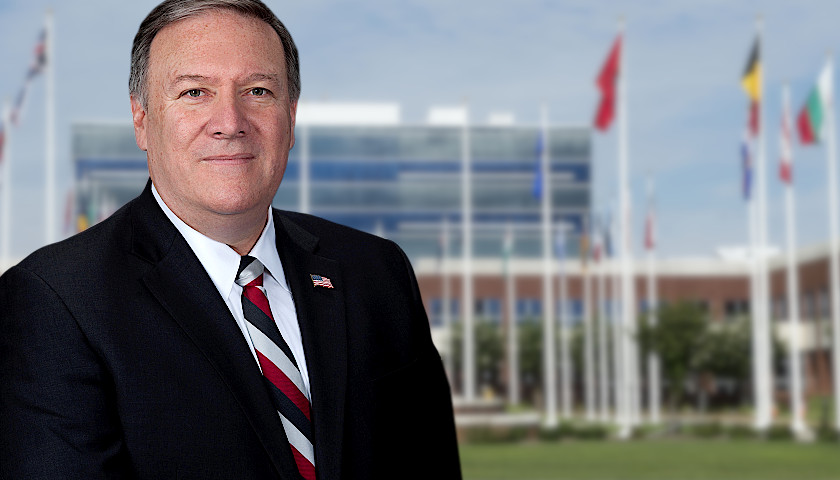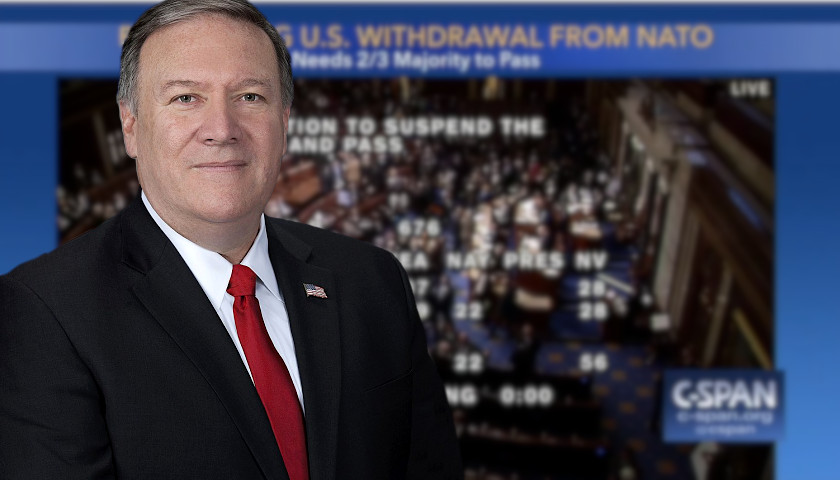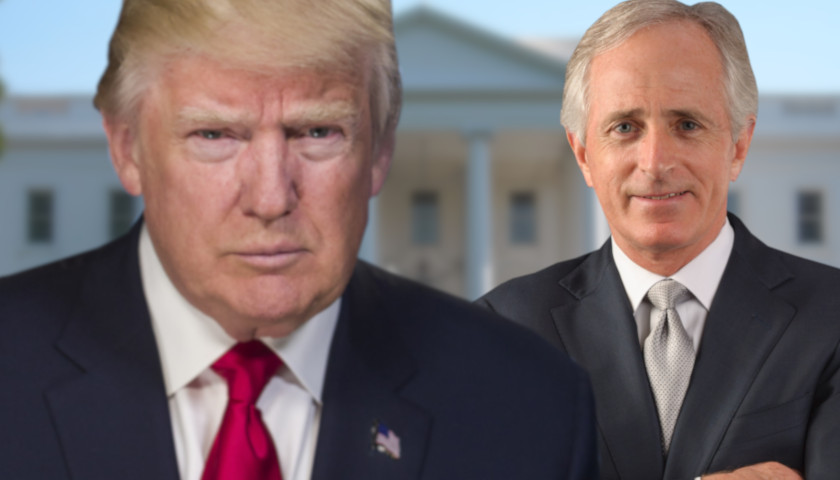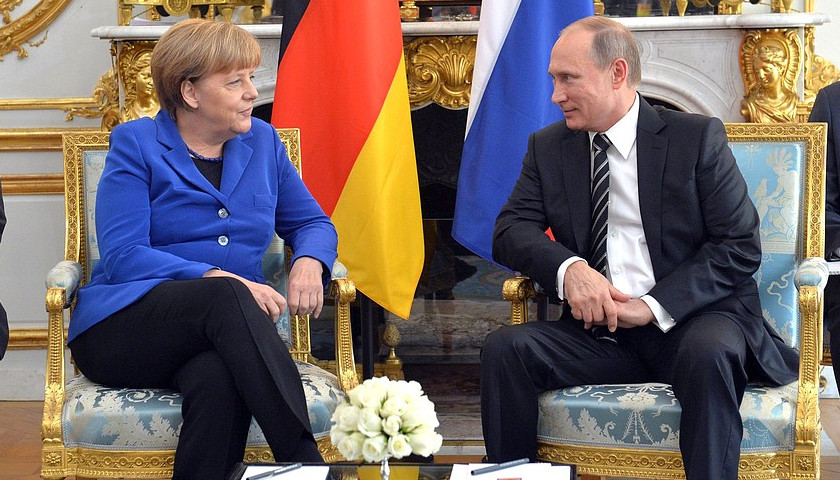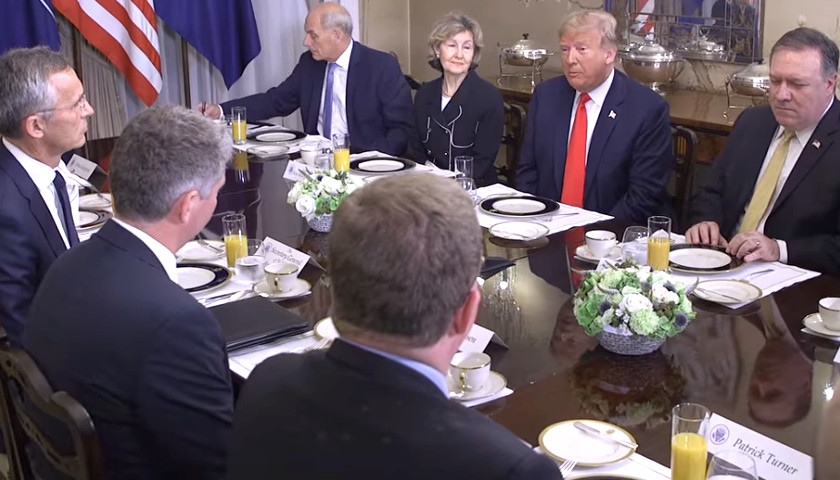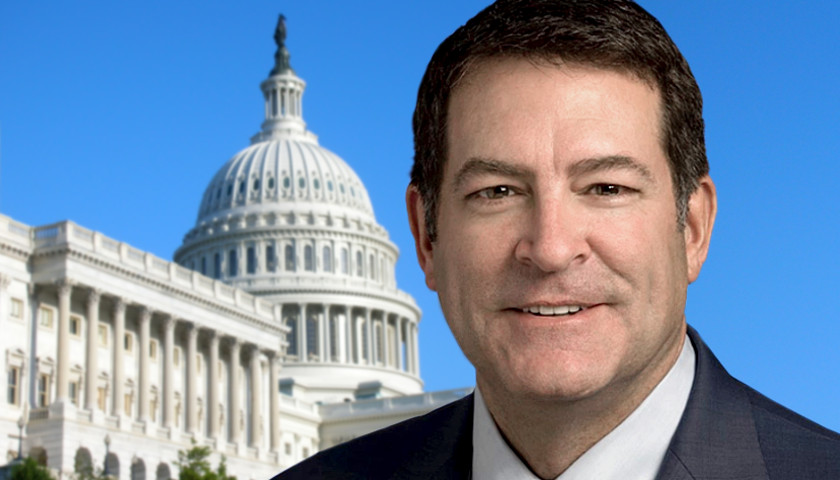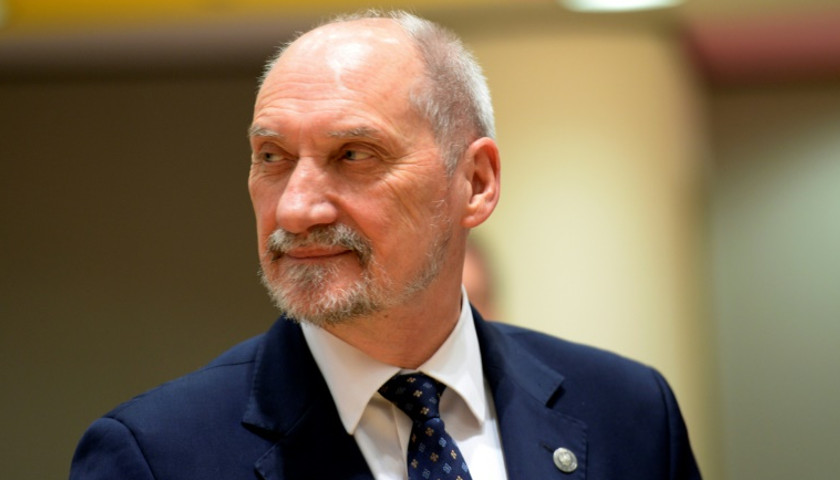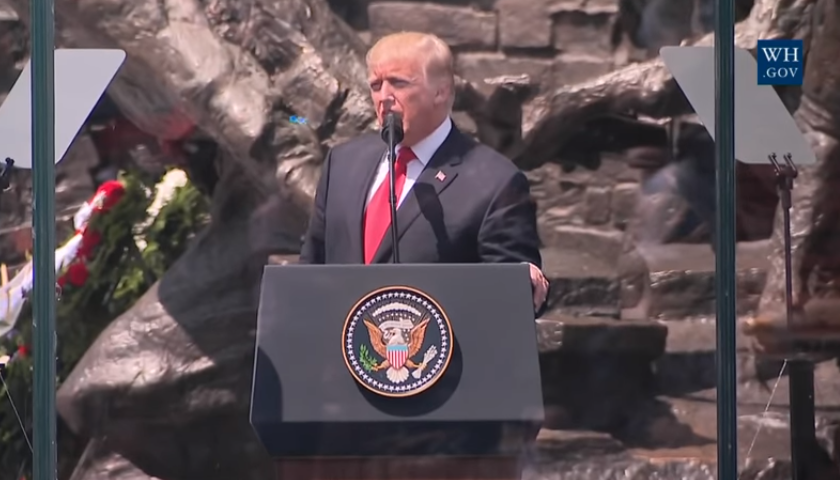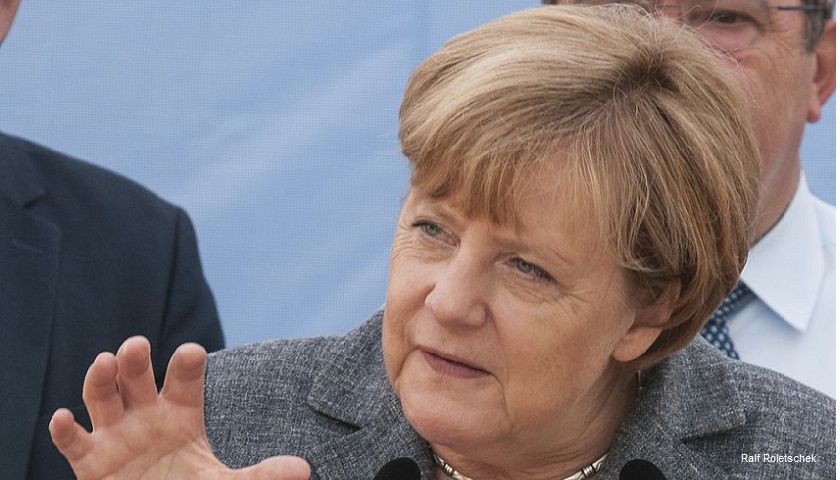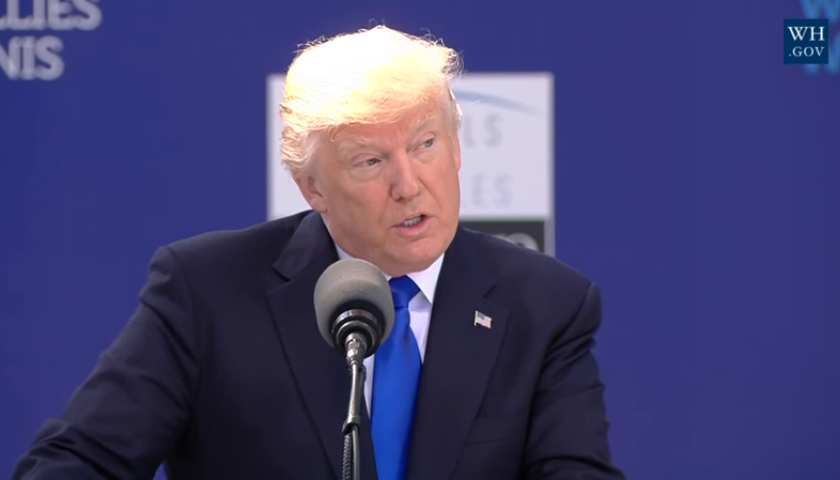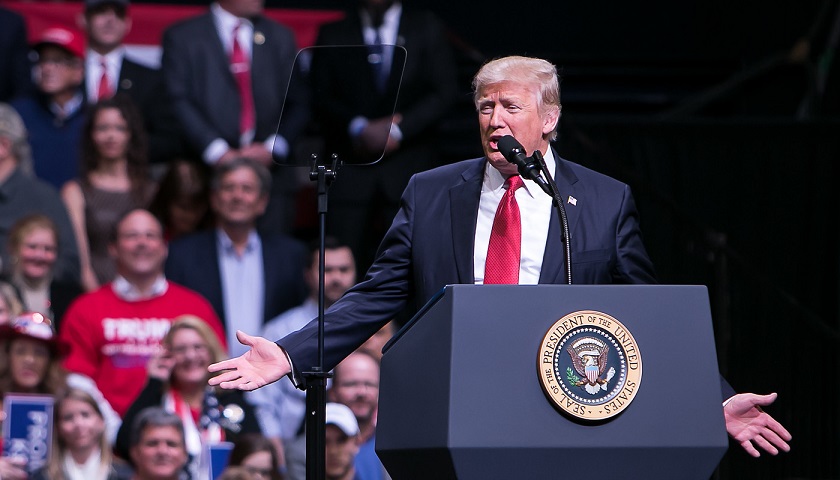U.S. Rep. Dr. Mark Green (R-TN-07) said he is working to strengthen the North Atlantic Treaty Organization (NATO) and America’s other treaty alliances by trying to make clear how much allies spend on the common defense. Green, a former Army special operations flight surgeon and West Point graduate, introduced the Allied Burden Sharing Report Act of 2019 in the U.S. House on Wednesday, according to a press release. Green introduced this bill the same day NATO Secretary General Jens Stoltenberg addressed a joint session of Congress ahead of NATO’s 70th anniversary, which is today. “NATO is indispensable to America’s past, present, and future,” said Rep. Mark Green. “This bill would encourage our allies to fully fund our alliance, so that together we can preserve, strengthen and potentially expand NATO.” The congressman tweeted, “I am looking forward to #NATO Sec Gen Stoltenberg’s address to Congress at 11. NATO is indispensable to America’s past, present, and future. That’s why I’m intro’ing a bill today that’d encourage our allies to fully fund our alliance and strengthen NATO.” I am looking forward to #NATO Sec Gen Stoltenberg's address to Congress at 11. NATO is indispensable to America’s past, present, and future. That's why I'm…
Read the full story

